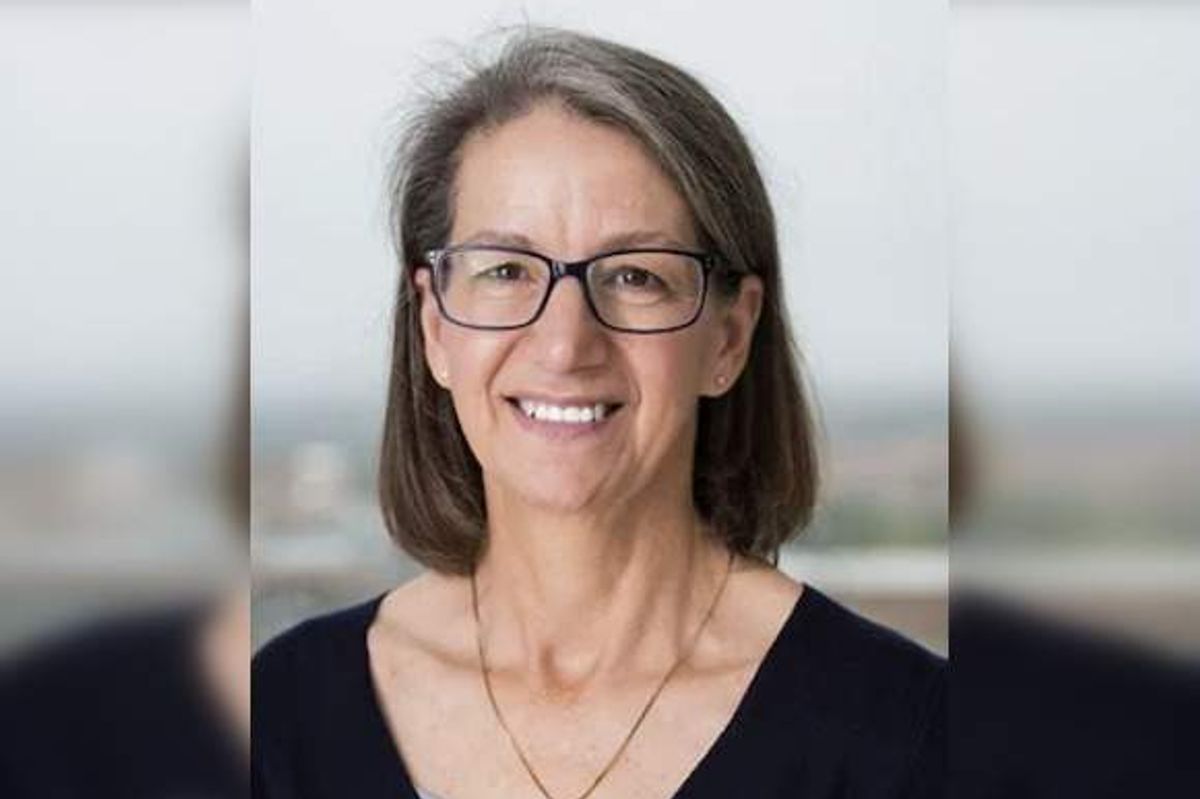Editor's note: Houston innovators were in the spotlight in June, thanks to earning major accolades for their work on national — and global — levels. Here are five Houston innovators to know right now.
Tianshu Zhai, Chen-Yang Lin, Jing Zhang, HEXAspec co-founders

HEXAspec has been awarded an NSF Partnership for Innovation grant. Photo courtesy of Rice
HEXAspec, a spinout from Rice University's Liu Idea Lab for Innovation and Entrepreneurship, was recently awarded a $500,000 National Science Foundation Partnership for Innovation grant.
Founded by Tianshu Zhai and Chen-Yang Lin, who both participated in the Rice Innovation Fellows program, as well as Jing Zhang, HEXAspec has developed breakthrough inorganic fillers that allow graphic processing units (GPUs) to use less water and electricity and generate less heat. The company will use the funding to continue enhancing semiconductor chips’ thermal conductivity to boost computing power. Learn more.
Cole Woody, University of Houston student

Cole Woody has earned the Barry Goldwater Scholarship for his research on personalized cancer-fighting vaccines. Photo courtesy UH.
Cole Woody, a biology major in the College of Natural Sciences and Mathematics at the University of Houston, has been awarded a Barry Goldwater Scholarship, becoming the first sophomore in UH history to earn the prestigious prize for research in natural sciences, mathematics and engineering.
Woody was recognized for his research on developing potential cancer vaccines through chimeric RNAs. The work specifically investigates how a vaccine can more aggressively target cancers. Learn more.
Varshini Chouthri, developer of NOMAD
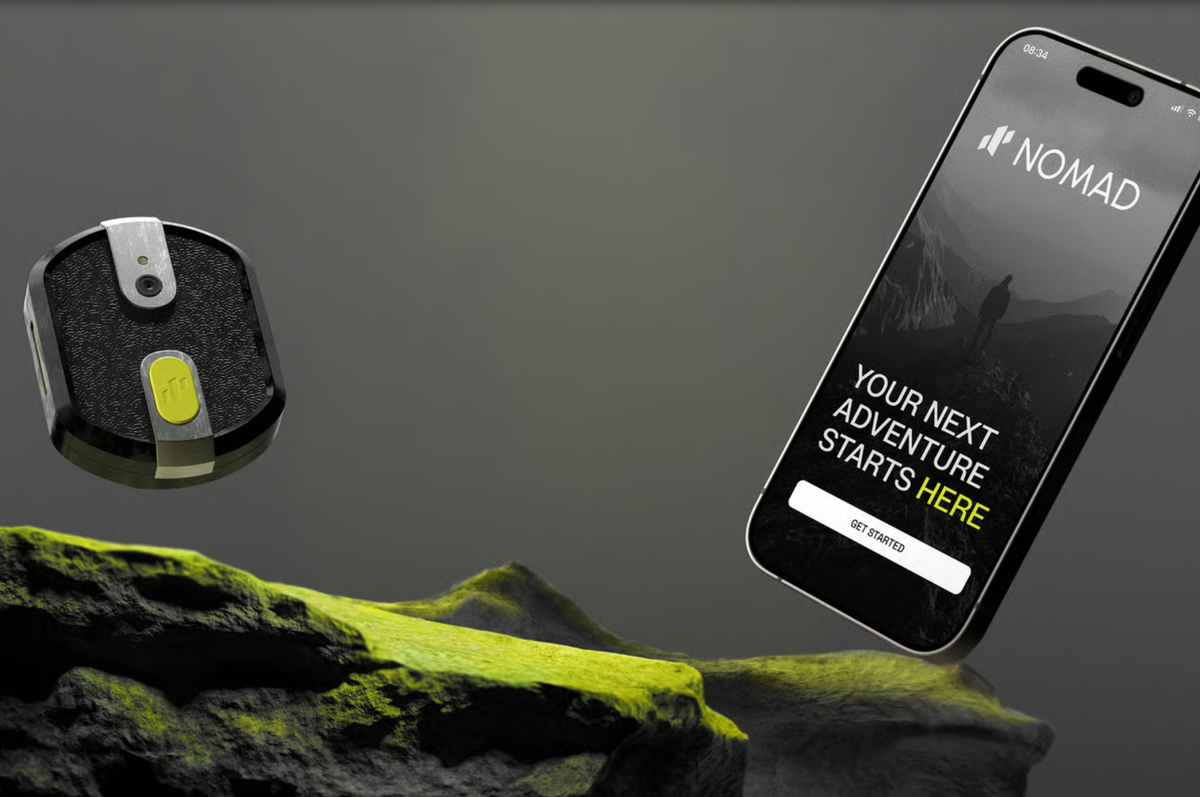
NOMAD aims to help hikers stay in the moment while still utilizing technology. Photo courtesy UH.
An AI-powered, screen-free hiking system developed by Varshini Chouthri, a recent industrial design graduate from the University of Houston, has received Red Dot’s “Best of the Best” award, which recognizes the top innovative designs around the world.
“NOMAD was truly a passion project, inspired by years of hiking growing up, where the outdoors became a place of peace, challenge, and reflection,” Chouthri said. Learn more.


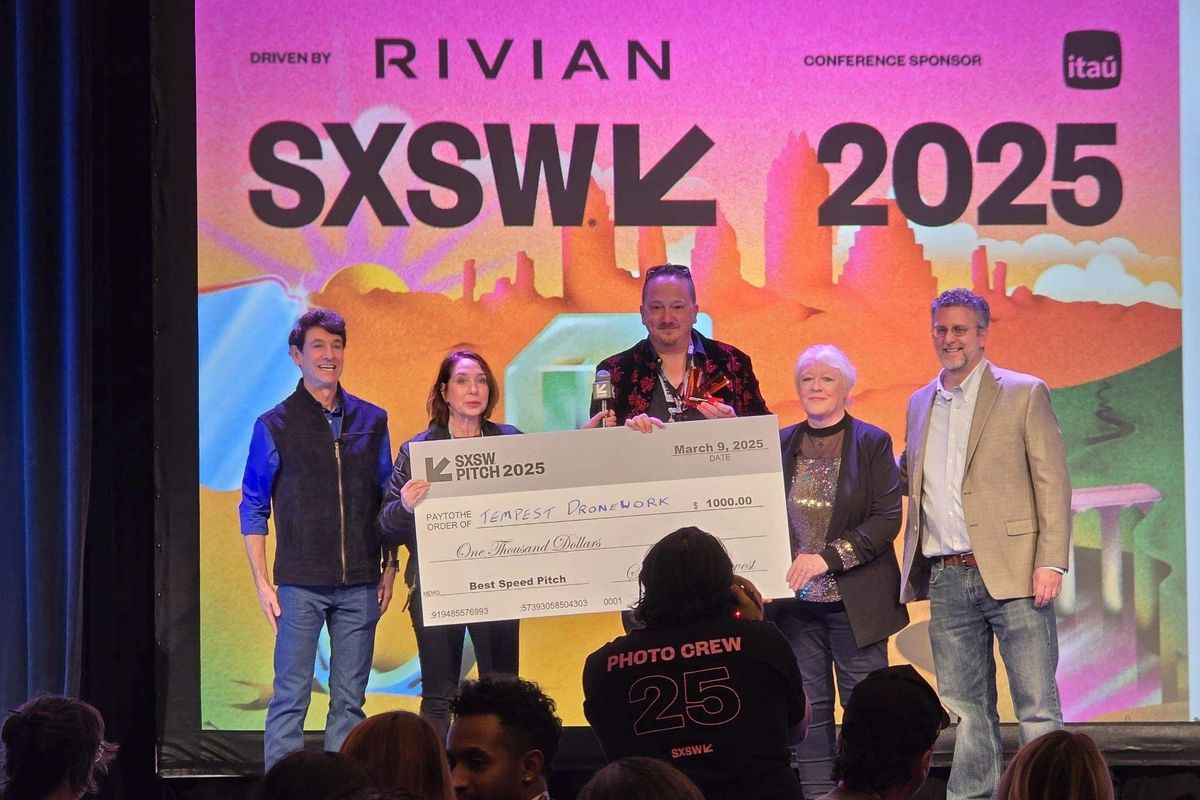 Ty Audronis, CEO and founder of Tempest Droneworx
Ty Audronis, CEO and founder of Tempest Droneworx Nicolaus Radford, founder and CEO of Nauticus RoboticsNicolaus Radford. Image via LinkedIn
Nicolaus Radford, founder and CEO of Nauticus RoboticsNicolaus Radford. Image via LinkedIn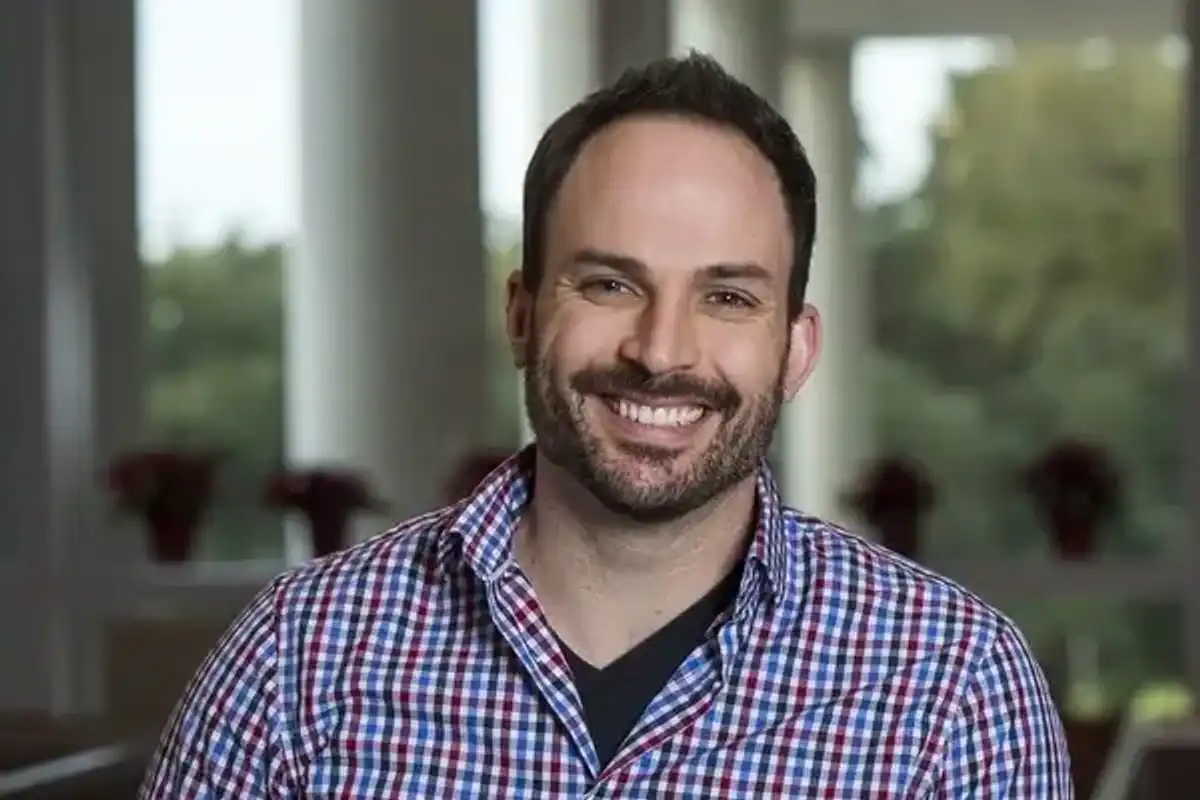
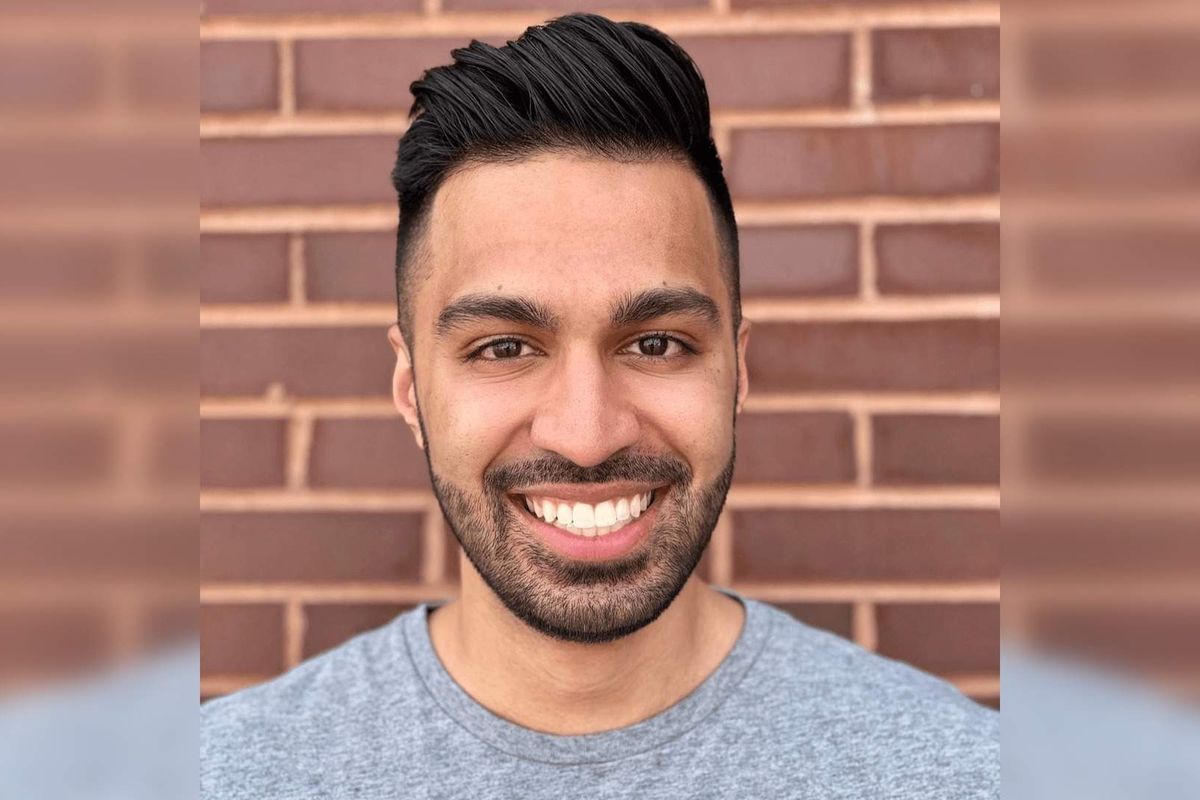
 From nap research to diversity and inclusion, this entrepreneur is making Houston workers more productiveFrom opening Nap Bar and consulting corporations on diversity and inclusion to serving the city as an LGBT adviser, Khaliah Guillory is focused on productivity. Courtesy of Khaliah Guillory
From nap research to diversity and inclusion, this entrepreneur is making Houston workers more productiveFrom opening Nap Bar and consulting corporations on diversity and inclusion to serving the city as an LGBT adviser, Khaliah Guillory is focused on productivity. Courtesy of Khaliah Guillory
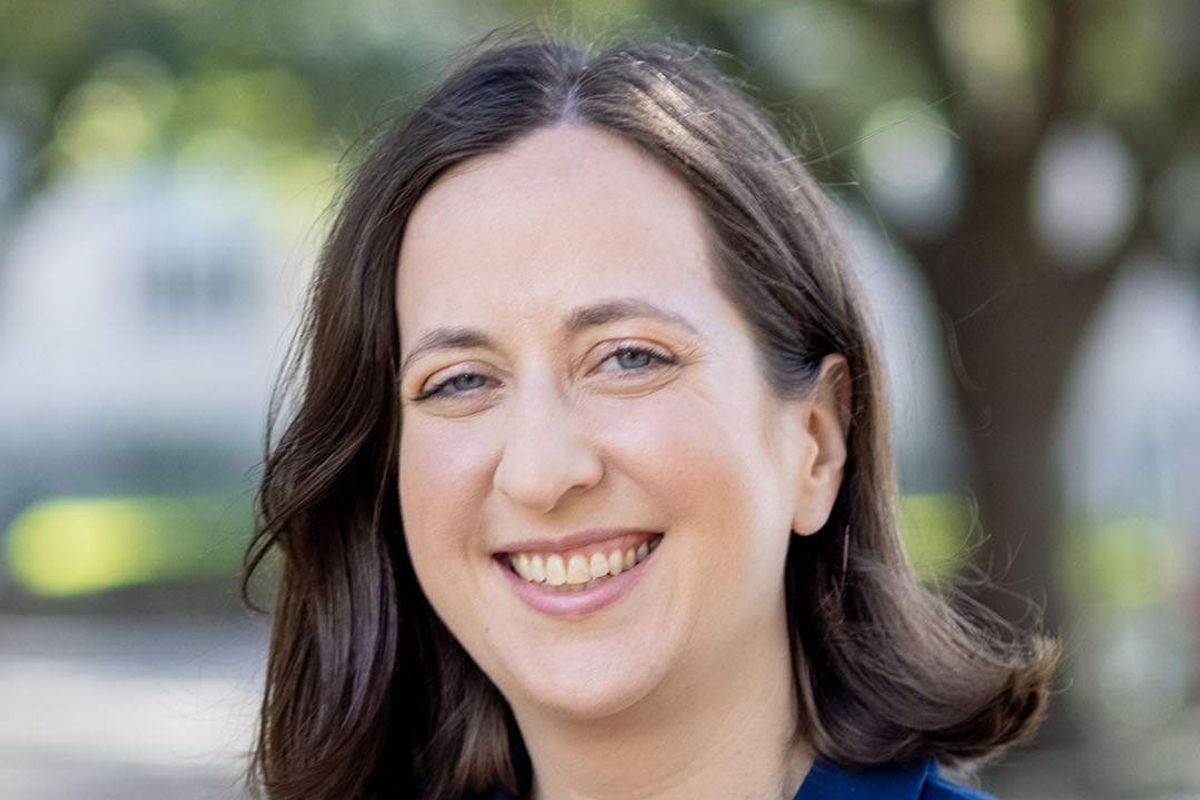
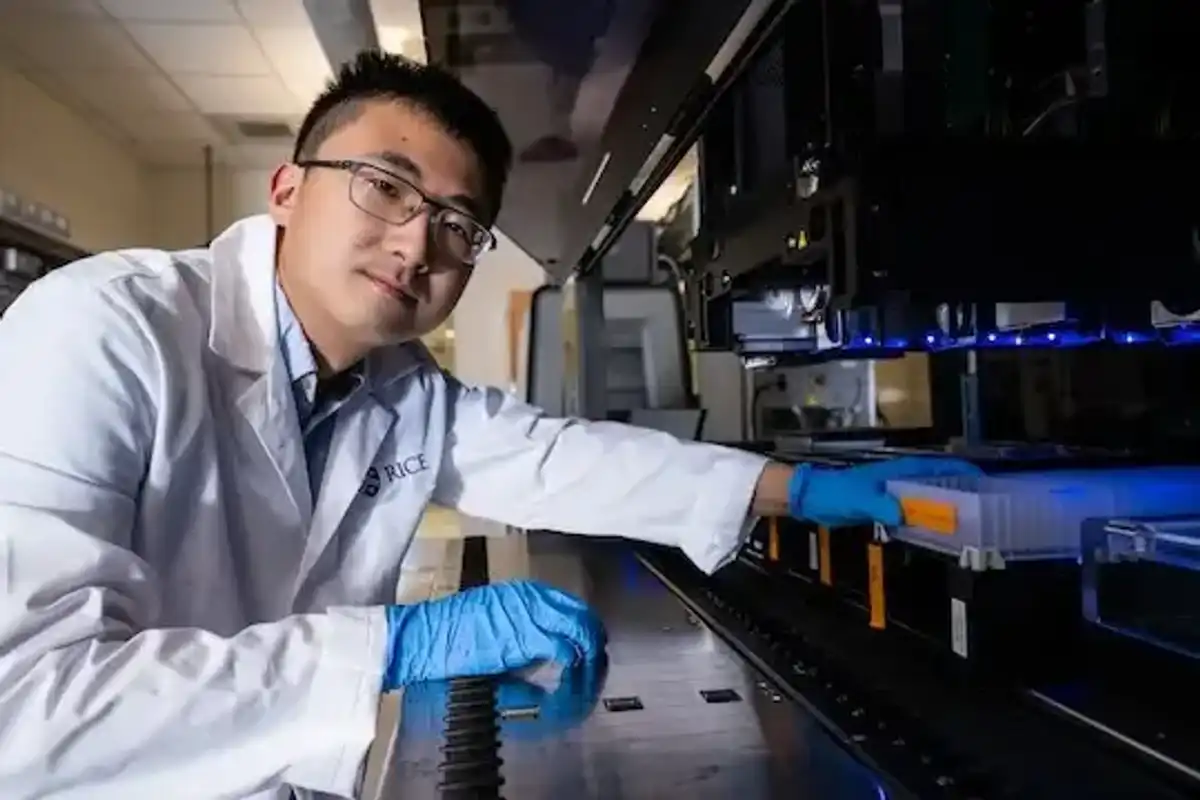
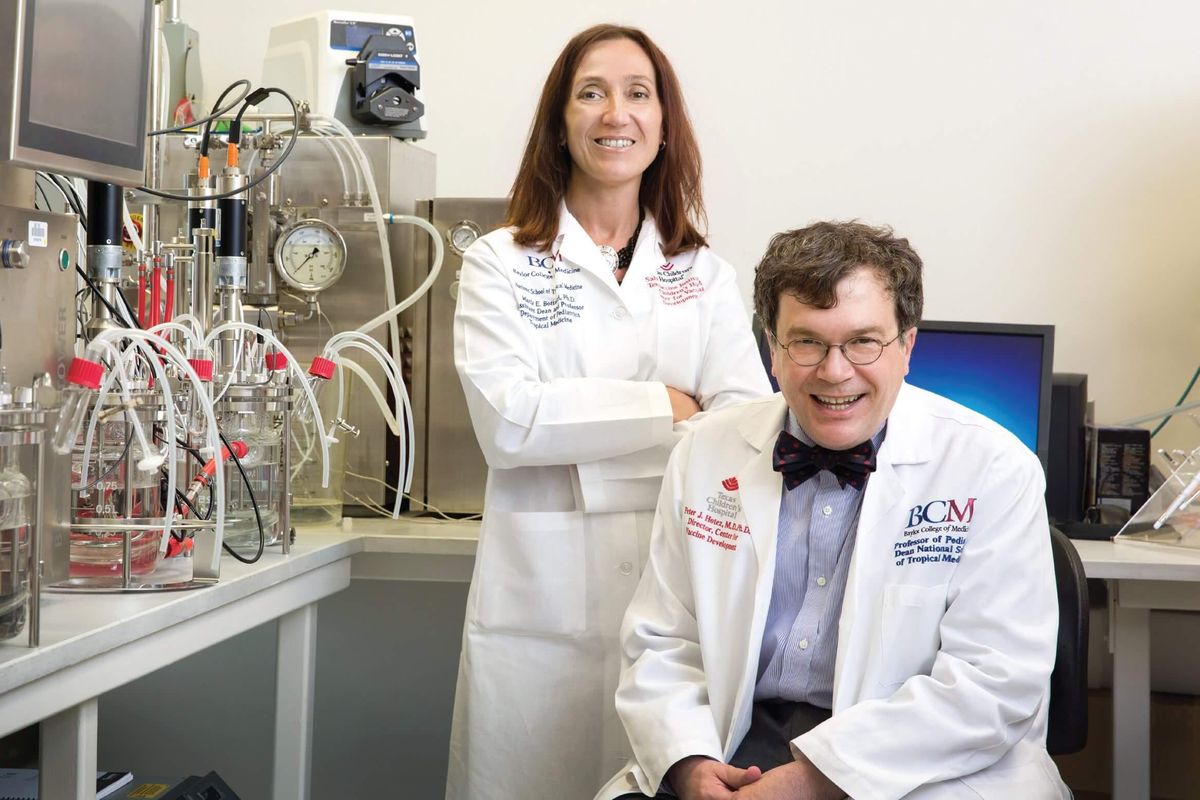
 Why this Houston medical device innovator is pumped up for the first total artificial heart
Why this Houston medical device innovator is pumped up for the first total artificial heart